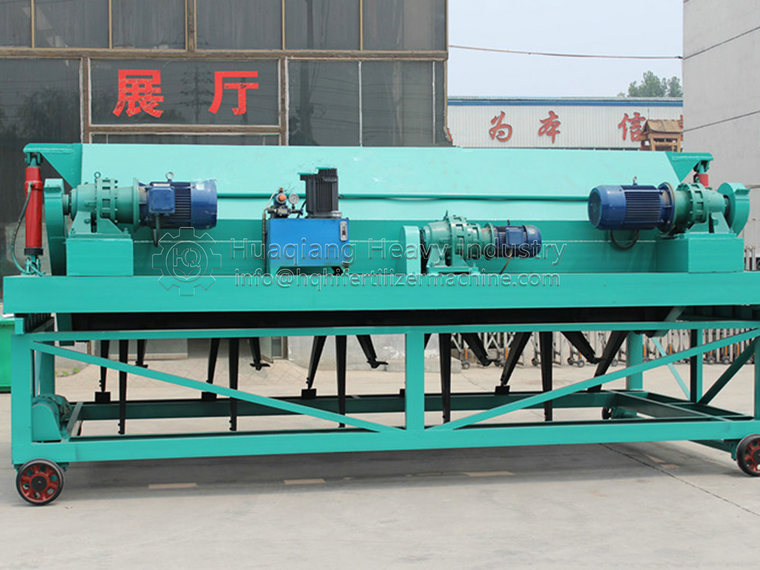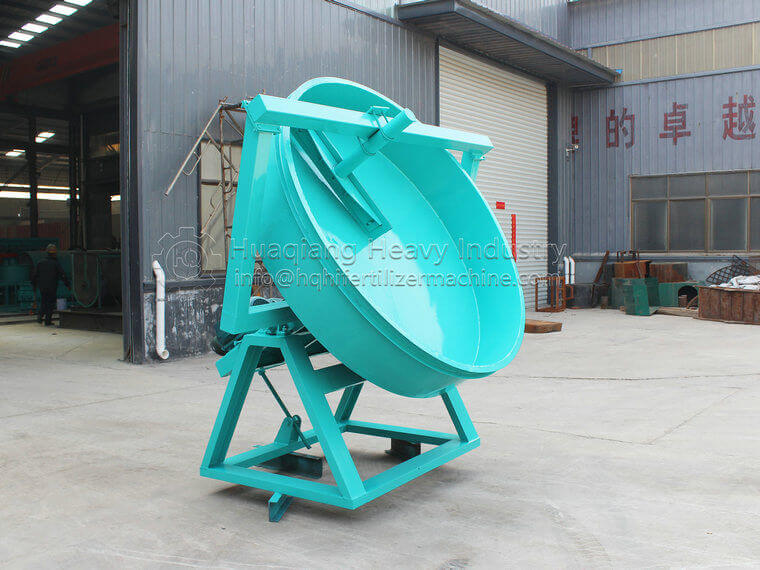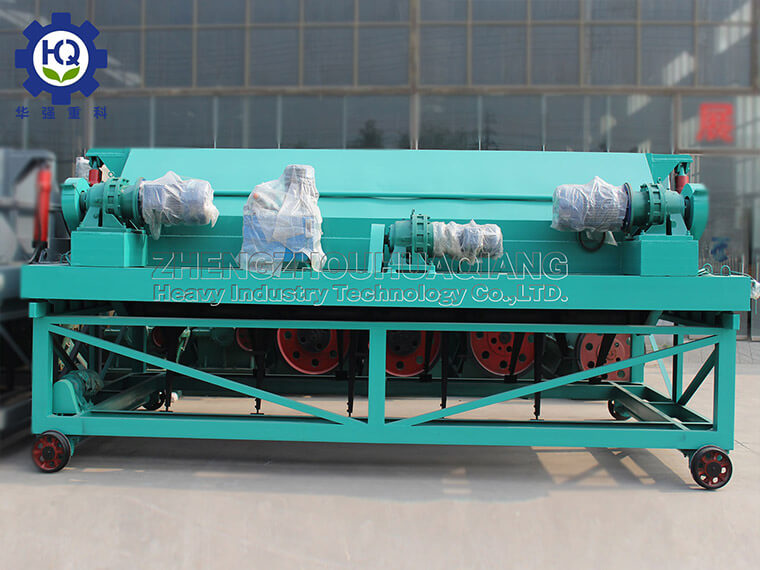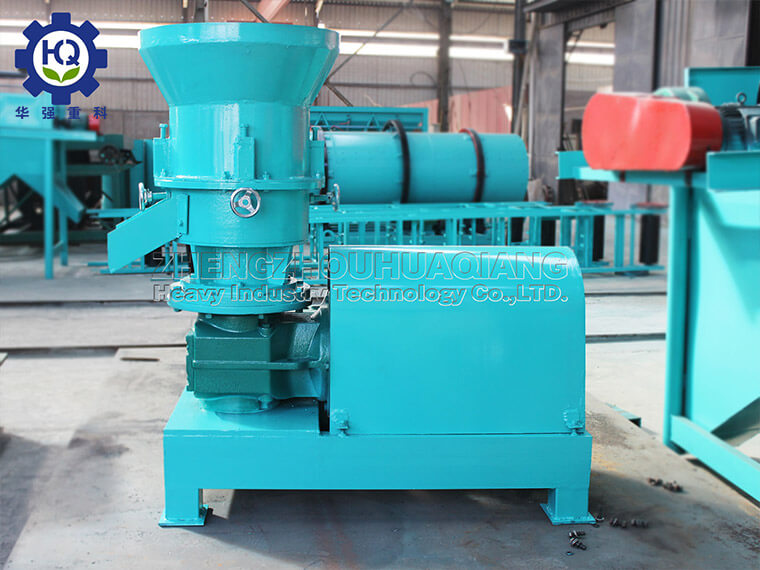Equipment and Granulation Technology of Straw Organic Fertilizer Production Line
The organic fertilizer production line equipment is suitable for direct granulation of crude fiber organic waste with a moisture content of about 30%, such as fermented livestock and poultry manure, sugar factory filter sludge, urban sludge, papermaking sludge, wine tank, straw, peat, etc. It can produce pure organic fertilizer with spherical particles, organic-inorganic compound fertilizer, and bio organic fertilizer. How much does it cost to invest in small-scale organic fertilizer equipment to establish an organic fertilizer processing plant? The environmentally friendly organic fertilizer production line is a complete set of production equipment that uses fresh chicken manure, cow manure, pig manure, sheep manure, solid waste straw and other animal and plant residues as raw materials, and undergoes a series of processing treatments to produce natural organic fertilizers.
Technology of straw organic fertilizer production equipment:
1. Straw processing: Firstly, the straw crusher should crush the material to a certain fineness, and then an appropriate amount of poultry manure or sludge must be added to adjust the carbon nitrogen ratio and moisture content of the compost material, or add bacterial strains and enzymes.
2. Fermentation: It is divided into two stages: first, pre fermentation, which can be carried out in the open air or fermentation equipment. Oxygen is supplied to the stacking layer or fermentation equipment through forced ventilation through a flipping pile. Animal manure is added mainly with straw, and the main fermentation period of aerobic composting is about 3-10 days. The second is post fermentation, where the semi-finished products that have undergone the main fermentation are sent to the post fermentation process to further decompose the easily decomposable organic matter and the more difficult to decompose organic matter that have not yet been decomposed in the main fermentation process, turning them into stable organic matter such as humic acids and amino acids, to obtain fully decomposed organic fertilizer products. The post fermentation time is usually more than 20-30 days.
3. After fermentation treatment: It can be further dried and crushed as needed to turn the material into qualified organic fertilizer raw materials.
4. Storage: Compost is generally used in spring and autumn, and must be stored in summer and winter. The storage method can be directly stacked in a fermentation tank or bagged, requiring dryness and breathability.





.jpg)

